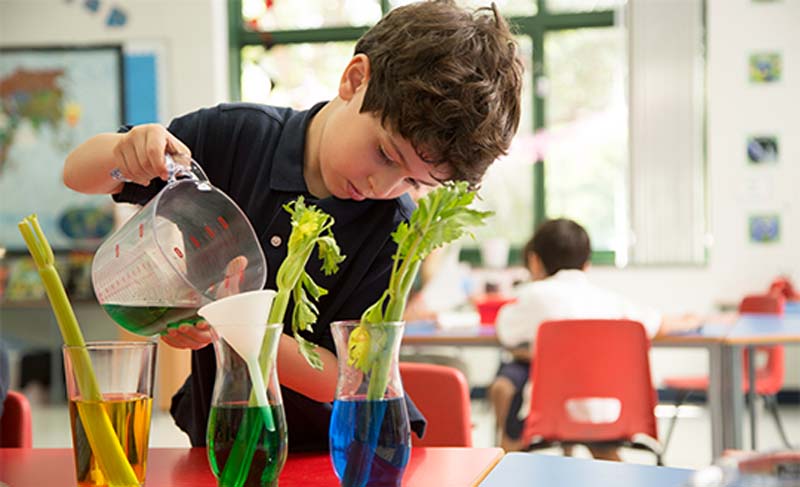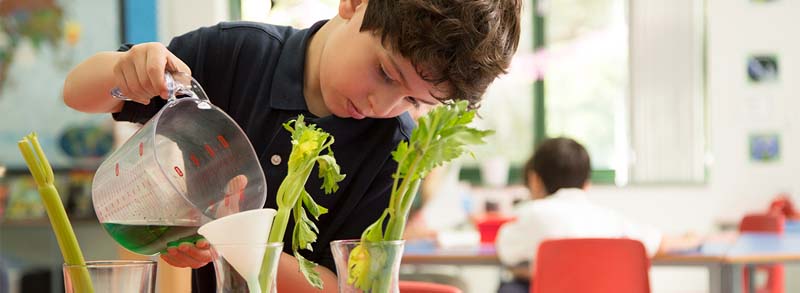We use cookies to improve your online experiences. To learn more and choose your cookies options, please refer to our cookie policy.

Students work with local businesses to reduce food waste in Charlotte Working with experts from MIT, students at the British International School of Charlotte discover high levels of food waste in the city. Find out what students did next in order to reduce food waste in their community.

Students at the British International School of Charlotte (BISC) have undertaken an ambitious project to collect data in order to understand food waste in Charlotte. Working with researchers from MIT as well as local businesses, students collected and analysed data on food wasted in the city as part of the Data-Driven Curiosity Challenge designed by MIT.
Using the results from their analysis, students will educate members of their school and community about this ongoing issue. Working in groups, students researched the causes and effects of food waste in local businesses in the city and their school. Partnering with Crown Town Compost, a local recycling company and other various businesses including Trader Joe’s, Earth Farms, McDonald’s, Red Robin, Publix, Harris Teeter, Food Lion, Earth Fare and the Charlotte Douglas International Airport, students monitored the amount of compostable food that went unused and ended up in landfills. In total, they contacted 12 businesses in the city. Amongst other revelations, students discovered that 1000 pounds of food is wasted every month by the Charlotte Douglas International Airport.
Students also collected data about food waste in their school which led them to discover that only 19% of their cafeteria food was diverted from the landfill. As a result, students led a composting and recycling drive during lunch time and reduced their food waste by 58%.
The activity is the second phase of a three-part annual challenge created by MIT experts based on STEAM subjects and the scientific method. The first part of the challenge encouraged students’ to think critically and follow their curiosity. In the final stage of the challenge students will design and build creative solutions to present to local businesses on ways to reduce food waste in the city. “I am delighted to see the MIT STEAM Challenge move into its second phase of operations.
The new challenge being posted to Nord Anglia students will cultivate skills in data collection and analysis that are at the heart of effective problem solving in many areas of life and work. We look forward to working closely with Nord Anglia teachers and students over the coming months,” said John Durant, Director of MIT Museum. This challenge is part of a wider collaboration between MIT and Nord Anglia Education schools incorporating the interdisciplinary subjects of STEAM.
At the core of the collaboration is the reflection of MIT’s philosophy of ‘mind and hand,’ which calls for a practical approach to problem solving. Through this approach, BISC students will develop key transferable skills, such as creativity, critical thinking, curiosity and communication, which can be employed across all academic subjects, and in future careers. The Nord Anglia-MIT collaboration launched in September 2016 in 13 inaugural schools, including the British International School of Charlotte, and will expand to educate more than 37,000 students at Nord Anglia’s international schools around the world in following years.